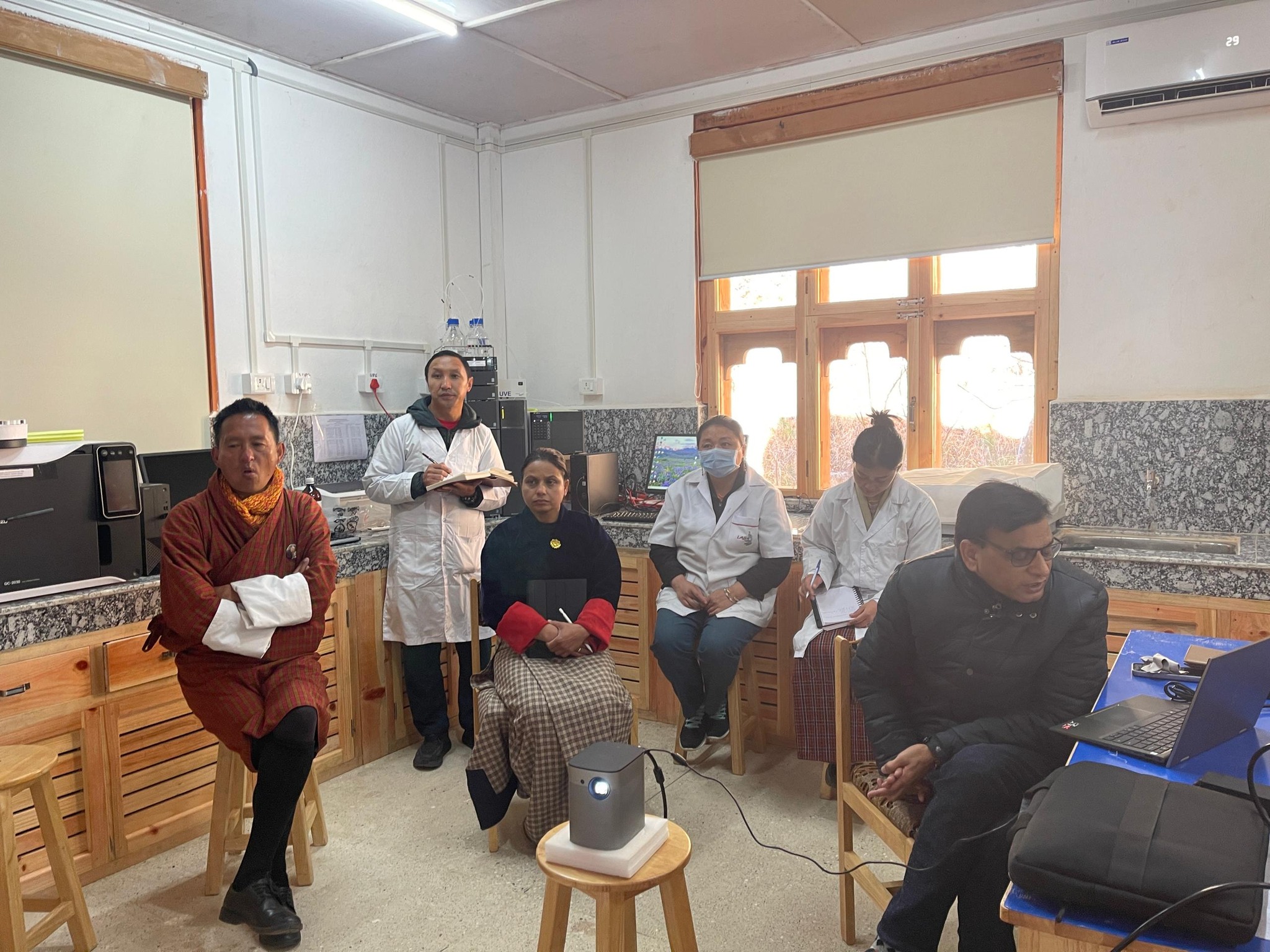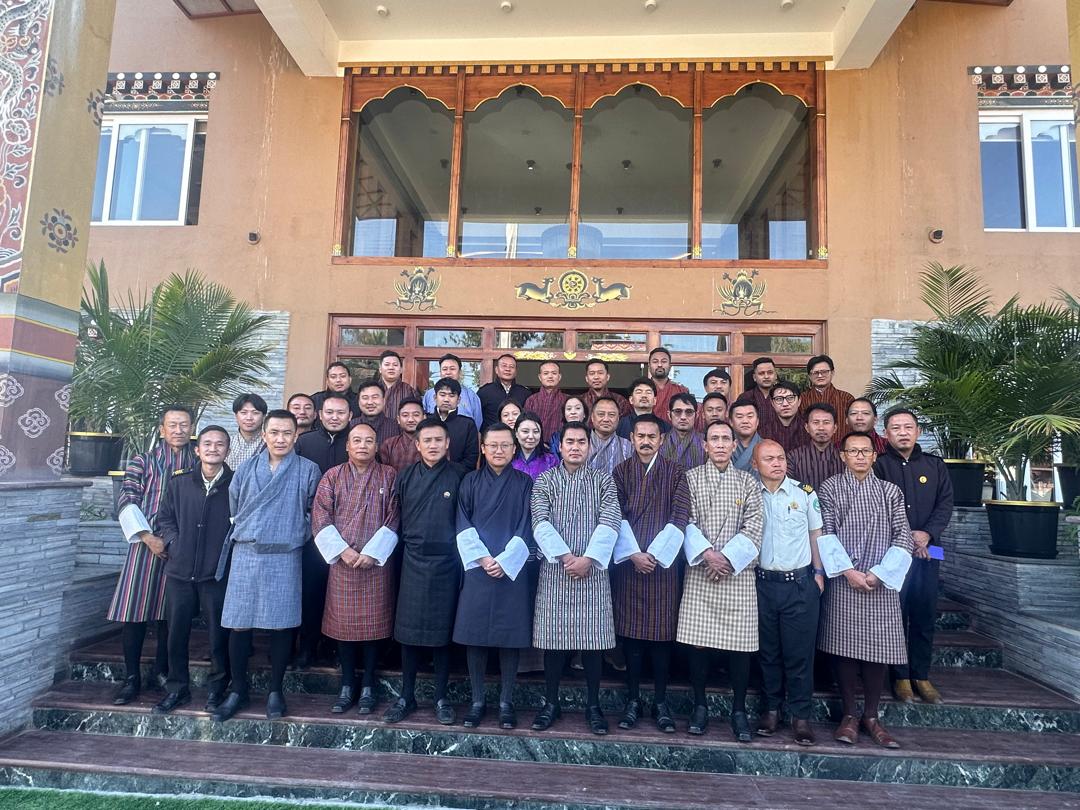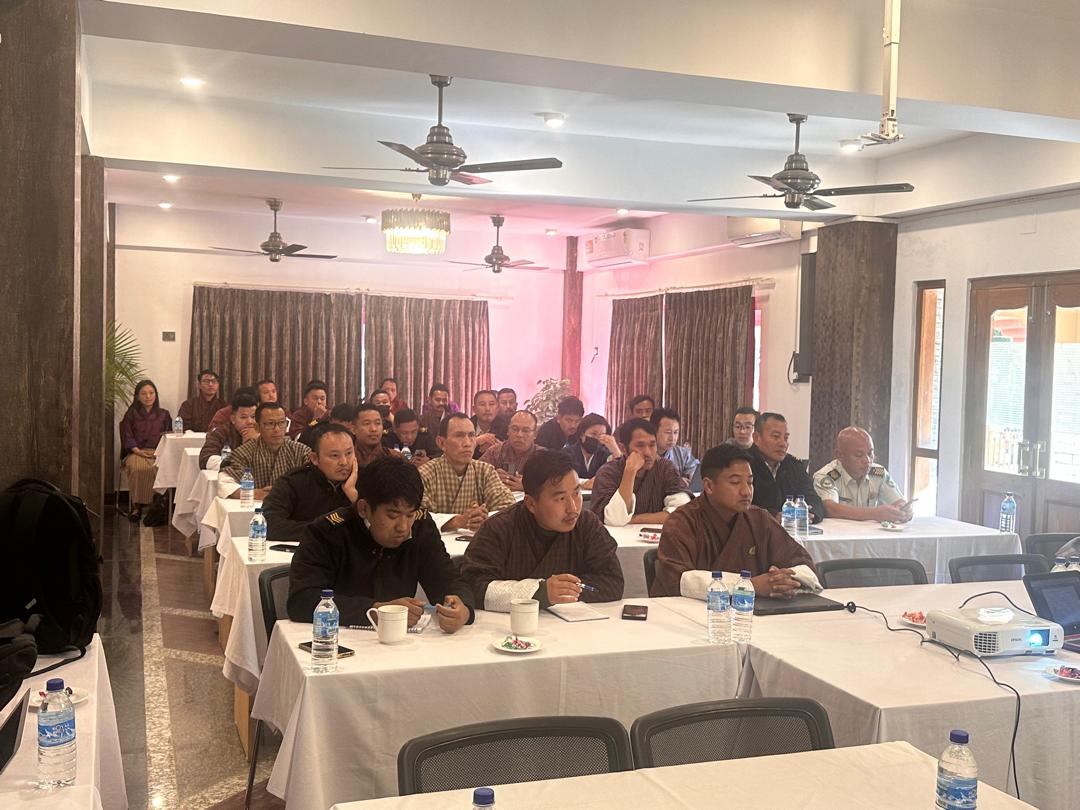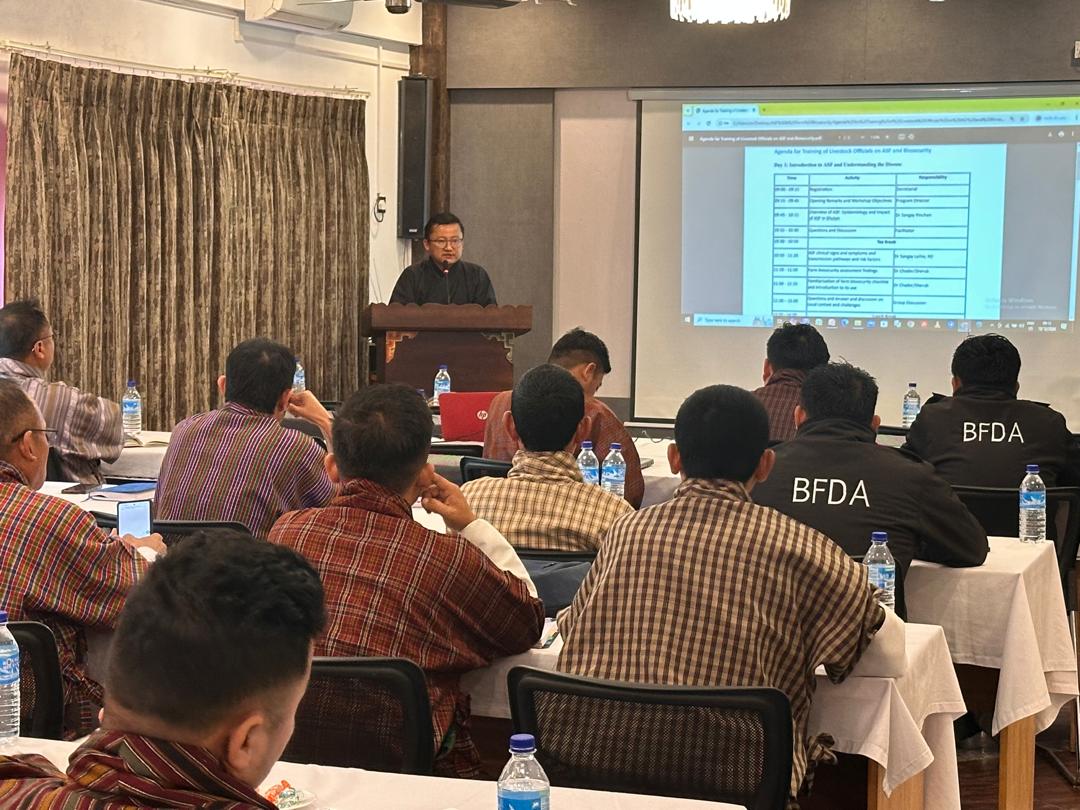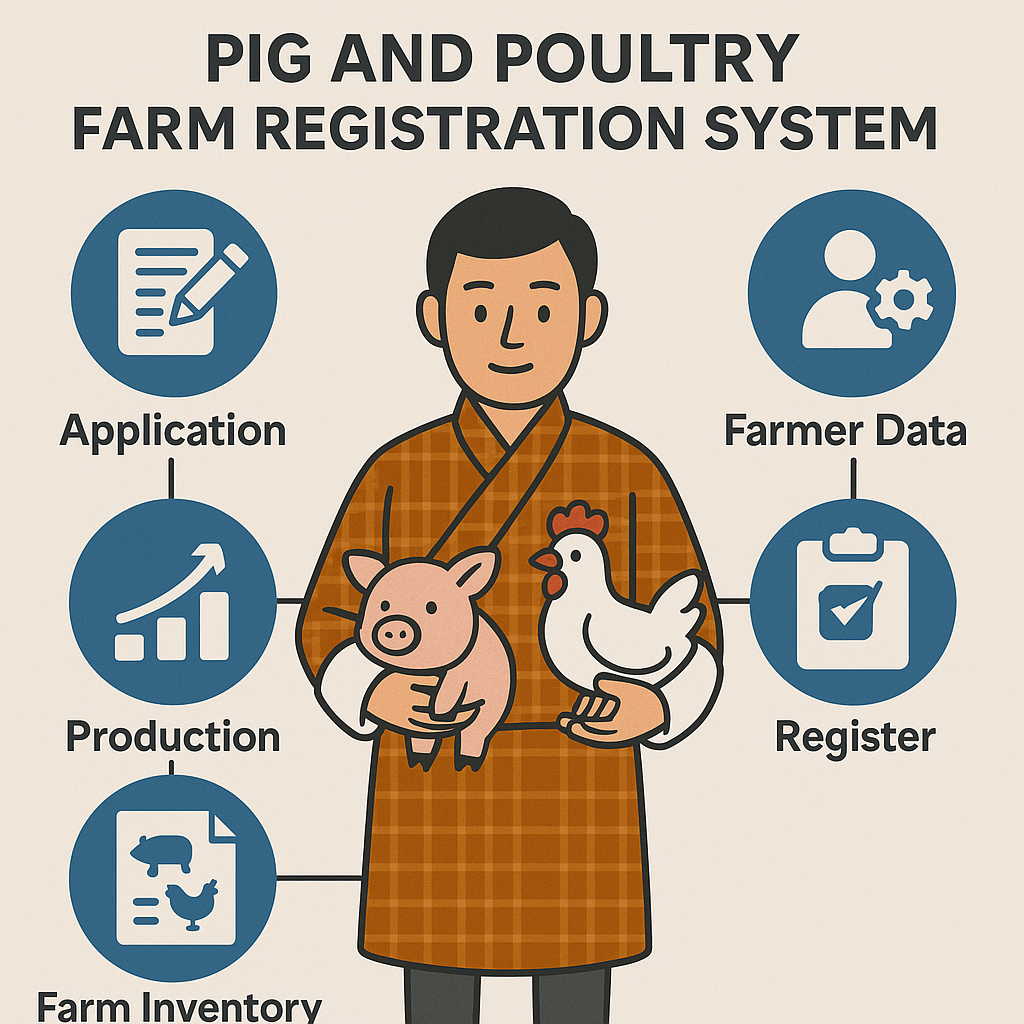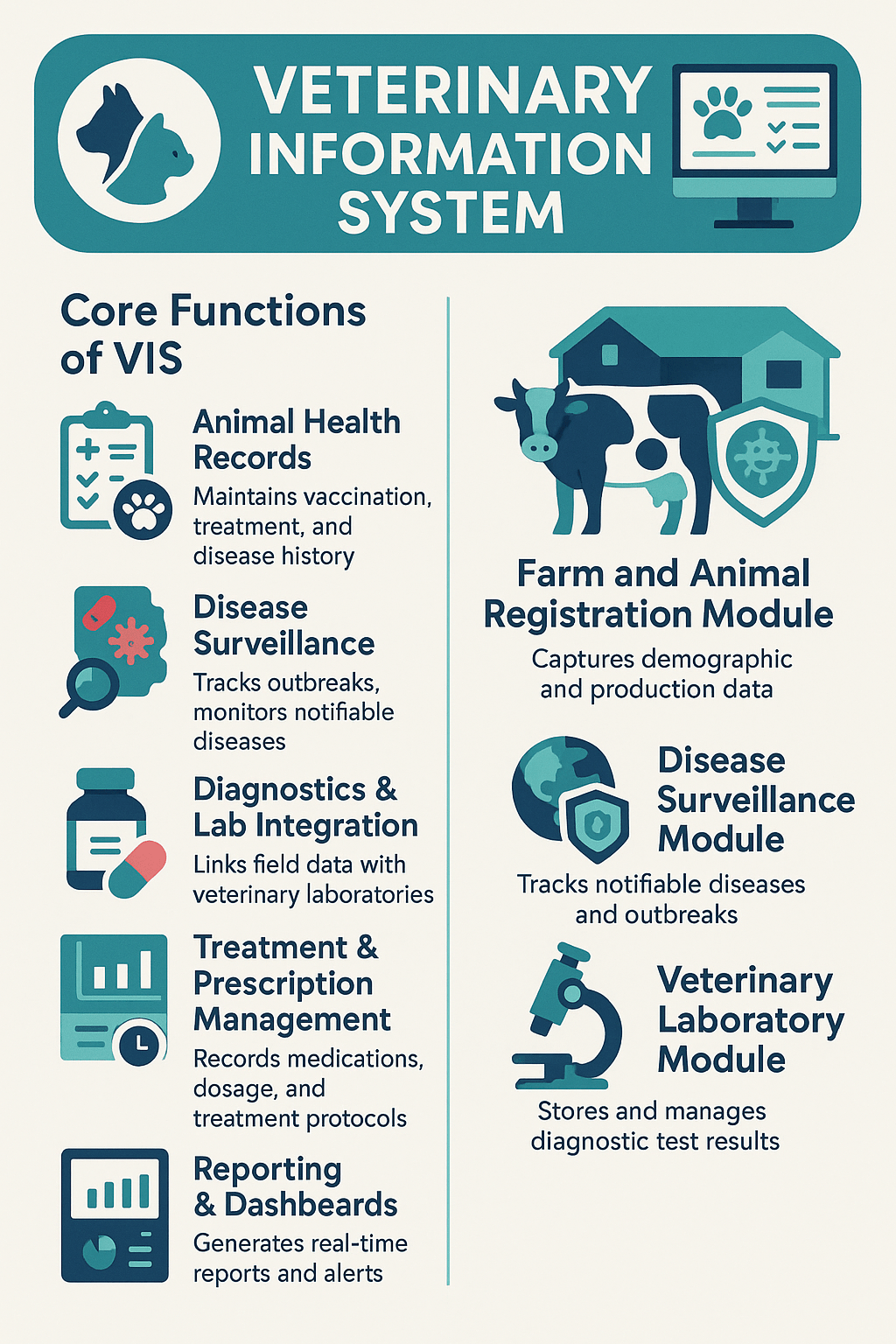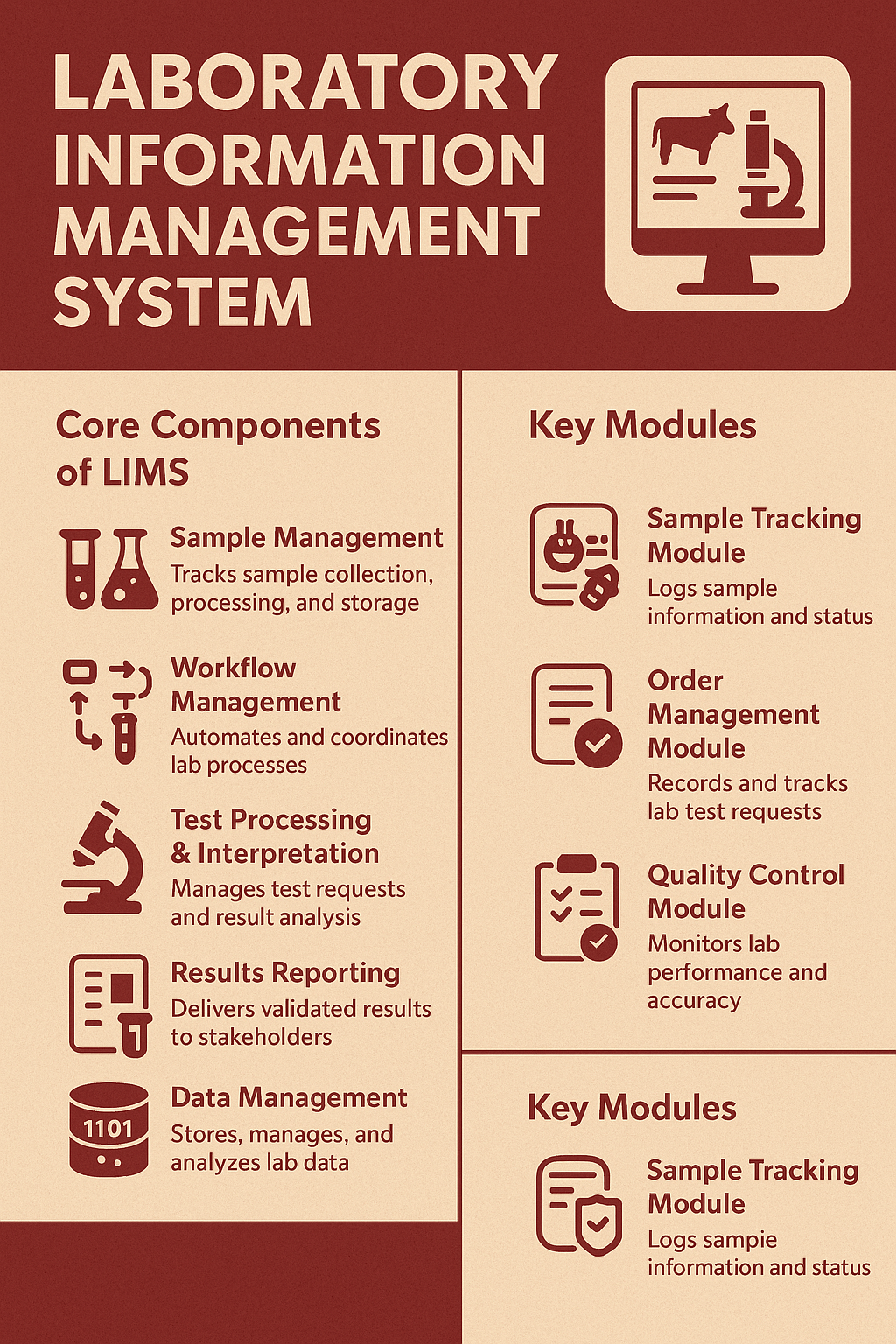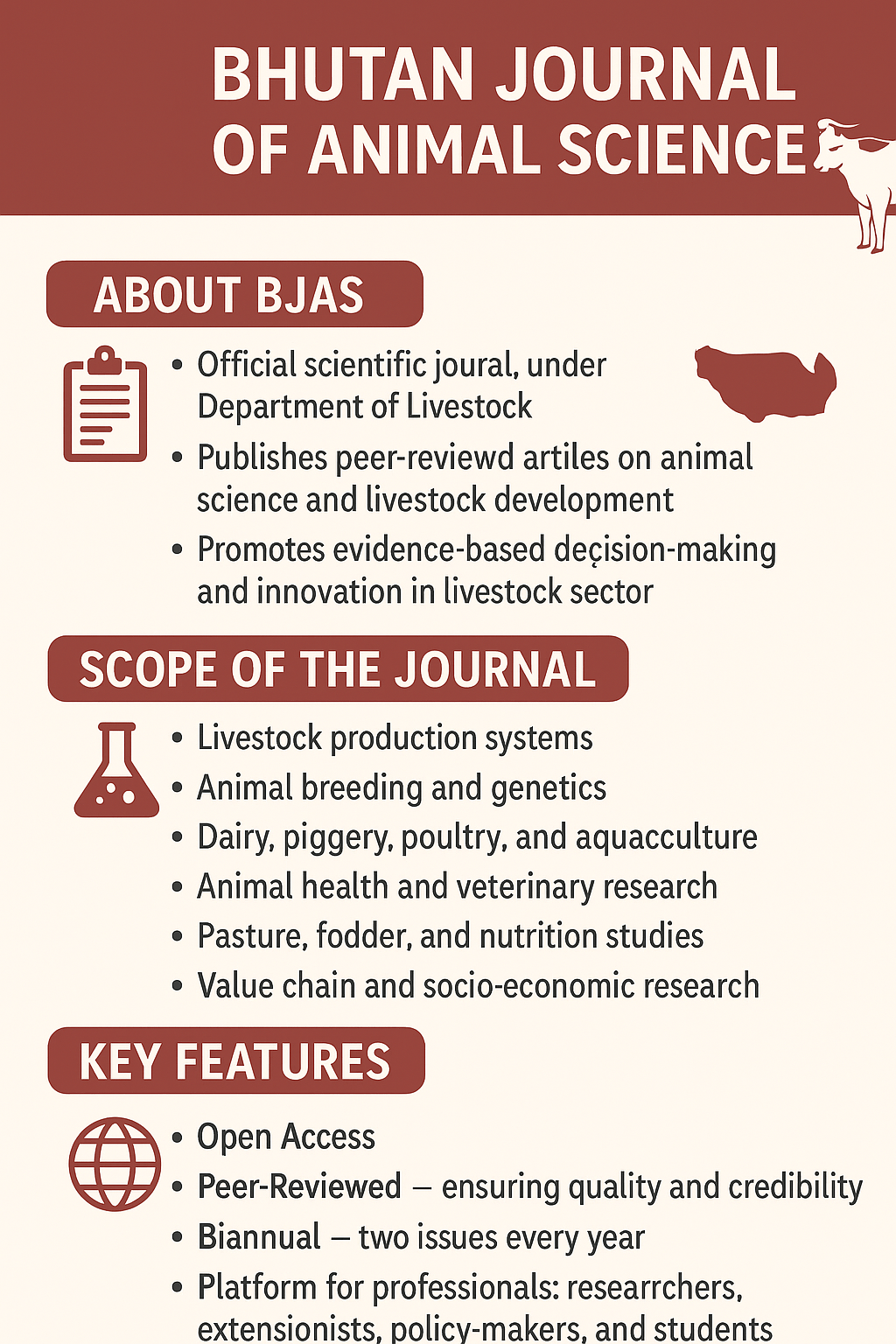Dr Saxena’s expertise is vital to bridging the existing gaps in Bhutan’s feed quality and safety framework. Throughout his mission, he will work closely with the National Development Centre for Animal Nutrition (NDCAN) to strengthen the laboratory capacity and establish legitimate, scientifically sound standards for animal feeds.
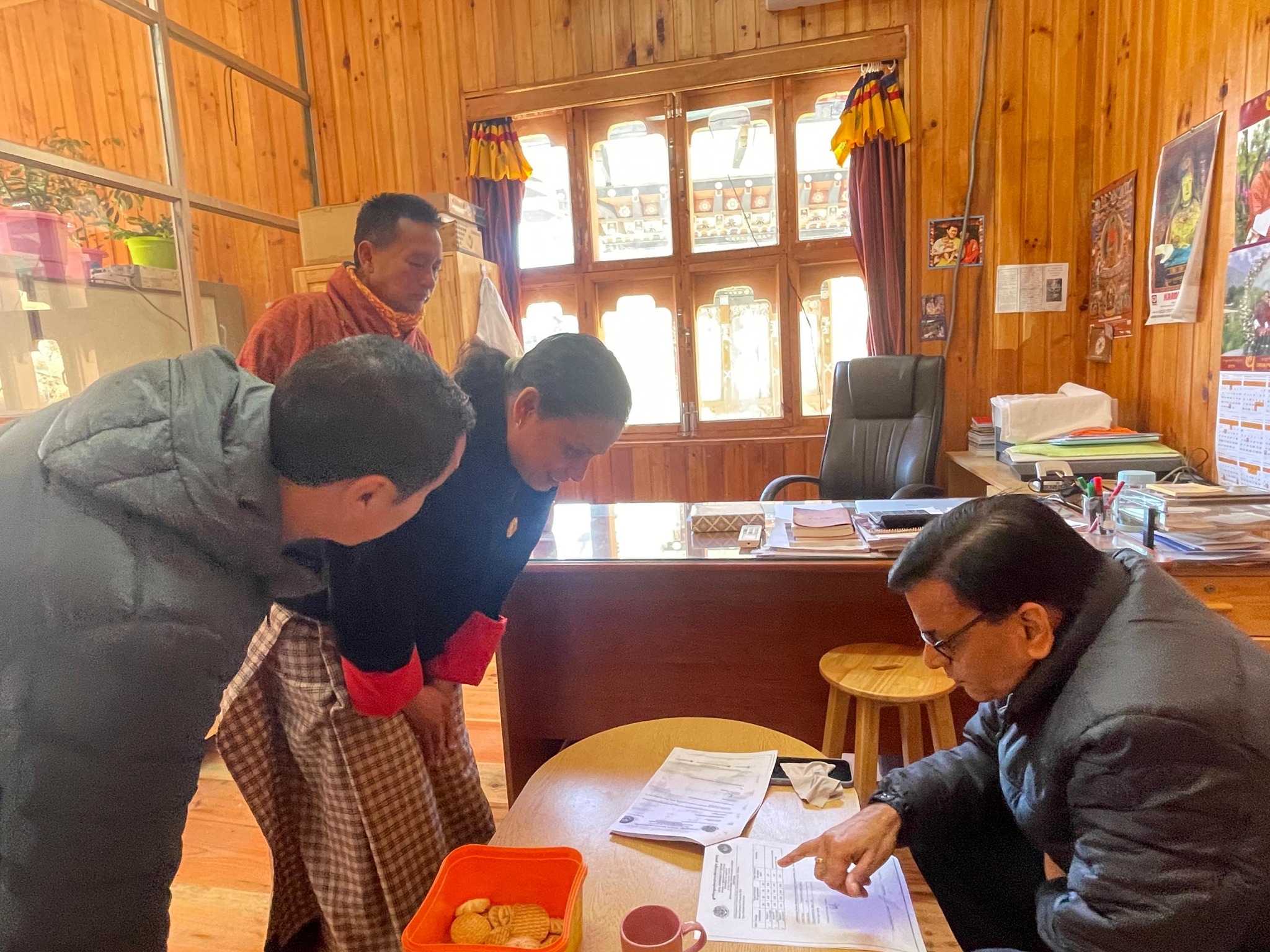
Specifically, his roles include a thorough review of the existing minimum nutrient content standards for commercial feeds—covering poultry, piggery, dairy, and fishery—which are manufactured by domestic feed mills in Bhutan. As part of this review, Dr. Saxena will compare Bhutan’s current feed standards for both macronutrients (such as energy, crude protein, calcium, and phosphorus) and micronutrients (like amino acids, vitamins, and trace minerals) with internationally accepted norms. This process aims to produce a technical report proposing updated minimum nutrient requirements that align with the needs of high-yielding livestock breeds in Bhutan.
In addition to nutrient standards, Dr Saxena will focus on developing legitimately agreeable standards—or permissible limits—for feed contaminants such as heavy metals, pesticides, and mycotoxins. By establishing comprehensive, science-based feed safety parameters, regulatory bodies such as the Bhutan Food and Drug Authority (BFDA) will be better positioned to monitor and enforce these standards.
Through these combined efforts, the Department of Livestock aspires to enhance the overall feed testing and monitoring framework. Ultimately, this will help guarantee safer and higher-quality feed supplies, thereby supporting Bhutan’s growing livestock sector and safeguarding public health.
Dr Saxena’s visit is part of the EU-funded Technical Assistance for Agrifood Systems (EU-TAAS) project, implemented by FAO Bhutan.
![]()

